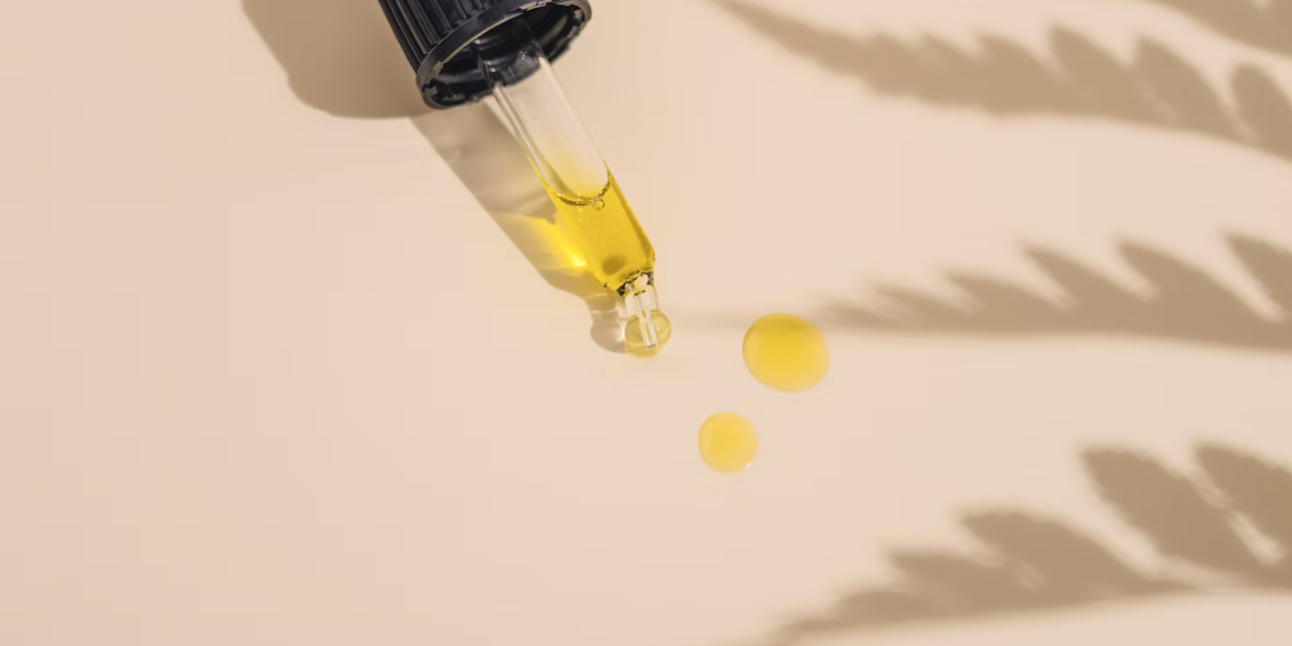It seems like everywhere you look, products infused with cannabidiol, better known as CBD, are being advertised as the latest and greatest wellness product.
You can buy CBD juices, creams, oils, vape pens, candies, and even dog treats. It’s often billed as a natural cure for a wide variety of health issues.
Many patients are interested in finding more organic remedies, so it’s understandable that interest in CBD is rising.
What is CBD?
CBD is a chemical compound found naturally in the cannabis plant. It does not contain tetrahydrocannabinol (THC), the psychoactive component of cannabis responsible for making users feel “high.”
“There’s a misconception that CBD and medical marijuana are the same thing and that’s not the case,” says Dr. Jeffrey Chung, director of the Cedars-Sinai Epilepsy Program. “CBD on its own is not psychoactive.”
CBD can either be derived from marijuana or hemp—cousins in the cannabis family.
The legality and availability of CBD depend on the source and state laws. Hemp and hemp products are legal in all 50 states, while recreational marijuana is currently legal in just 9 states, including California.
What are the health benefits of CBD?
The reported health benefits of CBD cover a variety of conditions. It is most commonly used to treat chronic pain, anxiety, inflammation, and insomnia.
One study showed that CBD may relieve pain by affecting receptors of the endocannabinoid system, which helps regulate pain, mood, and memory, in addition to many other physiological and cognitive functions.
There is also strong evidence that CBD can help patients with seizure disorders. In 2018 the US Food and Drug Administration (FDA) approved the first prescription medication containing CBD to treat epilepsy.
“CBD as a treatment for seizures isn’t new. We’ve been talking about it for several years now,” Dr. Chung says.
“We know that CBD is an effective treatment for some types of seizures, but it’s important to understand that it’s not a cure-all.”
According to a 2017 report from the World Health Organization, CBD may be a useful treatment for other medical conditions but more research is needed before making definitive conclusions.
“Patients are trying this and some people say they get benefits and others don’t,” says Dr. Janet White, medical director of the Cedars-Sinai Integrative Health Program.
“There hasn’t been enough clinical research done with humans to recommend specifics products or strengths.”
Source: cedars-sinai.org
Image: Unsplashed







